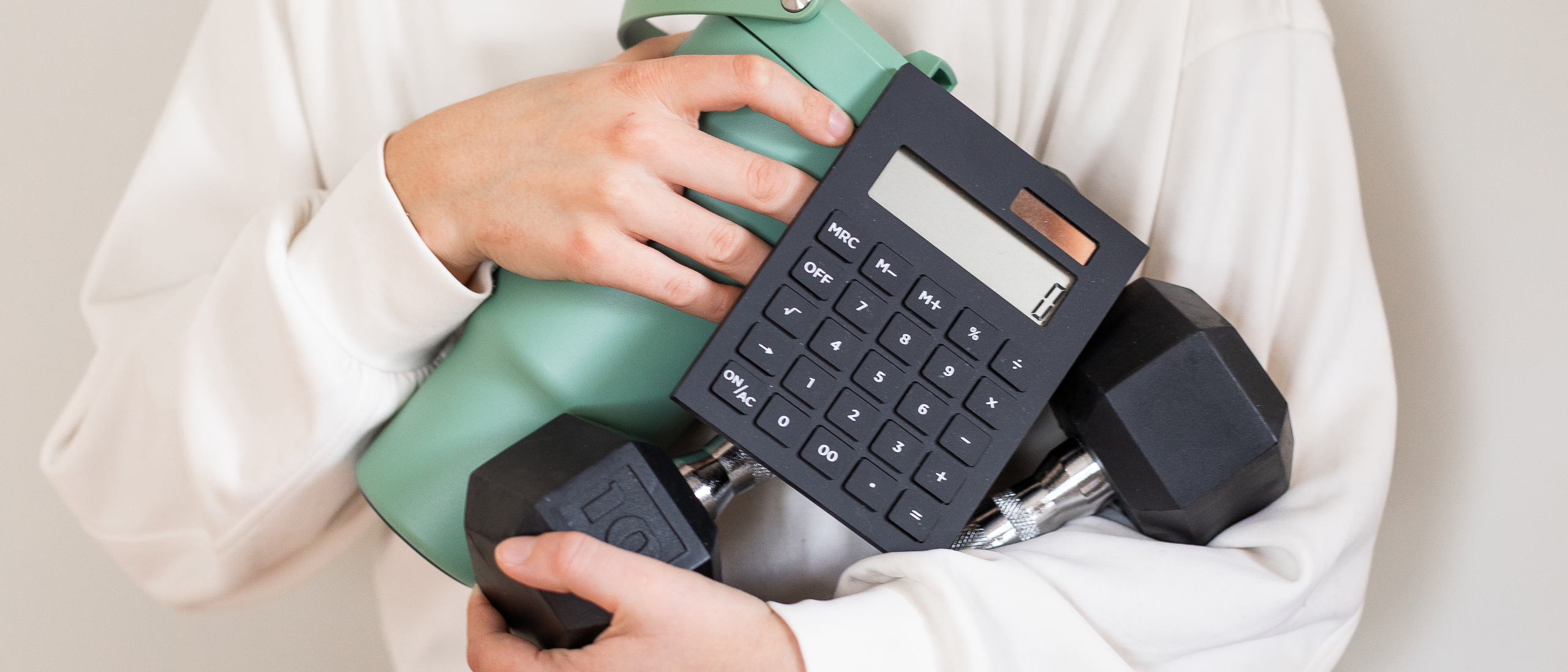My 9-year-old nephew just started his own business, so of course my family immediately came to me with all the tax questions. Since I’ve also helped many clients navigate tax rules for their kidpreneurs, I figured this would be a great time to share everything parents should know about helping a child start a business and stay on the right side of the IRS.
Can a minor legally own a business?
Maybe your child wants to sell 3D prints on Etsy, mow lawns in the neighborhood, or launch a YouTube channel that earns ad revenue. Kids are more entrepreneurial than ever, and that’s awesome! But can kids really own a business? Absolutely!
There is no federal law that stops minors from being business owners. However, something to keep in mind is that because minors can’t legally enter into binding contracts (with a few exceptions), parents or guardians typically have to be involved in certain legal and financial steps, and usually, the first of those steps is opening a bank account.
Can a kid open a bank account for their business?
Yes, your child can open a bank account for their business (and I highly recommend this!), but you will have to help get this done. This is because banks require a minor to set up a joint or custodial account so that an adult is legally responsible for the account and for signing the paperwork.
The good news is that many U.S. banks offer bank accounts specifically designed for kids. These accounts have no fees, and some even offer debit cards or added features like parental controls. Because the terms of these accounts vary between banks, you should do a little homework before deciding on which one is best for your child.
Should a kid open a bank account for their business?
Again, yes! Your child should open a bank account to use for their business. Here’s why:
- A bank account will help keep business money and personal money separated.
- A bank account will make bookkeeping easier for all of you.
- A bank account will show the IRS that the child owns a legitimate business.
Once your child has a bank account, then instead of doing things like Venmoing money into your personal account, payments to your child should go into their separate bank account. And when they spend money for the business, they should also use that separate account to make the purchases. Trust me, this clean paper trail will make filing taxes so much easier!
Does my kid have to pay taxes?
The rule to remember is that if your child earns more than $400 net profit in a year from self-employment, then they must file a tax return. (Remember, just because they file doesn’t mean they’ll owe.)
There are 2 types of taxes that may apply to your child’s small business: income tax and self-employment tax for Social Security and Medicare.
The part that is hard to understand is that even if your child’s income is too low to have to actually pay income taxes, they are still required to pay self-employment taxes, which are about 15.3%.
How does my kid file and pay taxes for their small business?
Even though your child is still claimed as a dependent on your taxes, they will need to file their own tax return if they meet the $400 from self-employment threshold we just discussed. They’ll file a Form 1040 under their own name and Social Security number along with a Schedule C to report their profit and loss from the business and a Schedule SE to report their self-employment tax.
They can sign their own return no matter how young they are, and just like with your own tax bill, any taxes owed can be paid electronically when they file or through quarterly estimated payments if the business consistently earns income.
One thing to keep in mind is that if your child doesn’t own their own business but instead works for a small business that you own, then that’s a whole different story. In that situation, there may be tax advantages if your business is a sole proprietorship or partnership where both partners are the parents and your child is under 18.
If this is your situation, then make sure to read my free blog post series: Hire Your Child & Save Taxes: A Complete Guide.
Does my child need to do any bookkeeping for their business?
I know when people hear the word “bookkeeping,” they cringe, but it really doesn’t have to be torture or anything too complex at all! And, yes, I do recommend that even a kidpreneur do some simple bookkeeping.
Keep in mind that kids (and adults) don’t necessarily need fancy software to do this. They just need a consistent system like a spreadsheet or a simple bookkeeping app like Wave (free) or QuickBooks Simple Start (low cost) to keep track of sales, purchases, and other expenses.
At the minimum, here’s what I suggest a small business owner (no matter their age!) keep track of:
| Track This | Why |
|---|---|
| Sales/Income | The IRS taxes net profit, not total sales. |
| Expenses like supplies, materials, advertising, website fees | Expenses reduce taxable income. |
| Mileage | Kids who have businesses where they perform jobs like mowing lawns, dog walking, or delivering products can deduct mileage to further reduce their taxable income. |
You should also help your child keep track of any receipts they have. The easiest way to do this is digitally. You can show them how to keep any emailed receipts in a folder within their email account, in an app (just take a screenshot), or on their computer. They can also take pictures of any paper receipts they may have and add those to a folder in an app on their phone or on the computer as well.
Which business structure should my child use for their business?
Most kid-run businesses are sole proprietorships. This is the easiest option. Let’s say your 12-year-old mows lawns and earns $800 over the summer. Bam! This kid is now a sole proprietor because the IRS considers this a business even if no paperwork was ever filed.
Some kids may choose a single-member LLC entity type, and while it’s possible, there can be limitations, especially in certain states that require the parent or legal guardian to act as a manager or organizer in the business.
As far as setting up an S-Corporation or a C-Coporation, this can also be done, but it’s not usually recommended for minors because there are so many legal and tax complexities involved with these types of business entities.
Does my child need to have an LLC?
This is something else that probably isn’t necessary, especially if your child’s business doesn’t put them in situations where there is a liability risk, but if you’re worried about this, you should definitely speak with an attorney to help you make the decision.
Does my child need to get an employer identification number for their business?
While you can get an Employer Identification Number (EIN) for a kid-run business, it’s not really necessary. However, you should consider getting one if:
- The business hires people, even if they are family.
- Your child opens a business bank account that requires an EIN.
- You don’t want to use your child’s Social Security number on certain legal or financial documents.
Abridged by Amy
Allowing your child to own and operate a business teaches them so many important life skills like financial literacy, confidence, problem solving, and responsibility. Kids can absolutely own successful businesses, but like with all things parenthood, they’ll need some support from you.
Teach them early what to do with a bank account, how to track income and expenses, and how taxes work. Of course, they’ll also need support in knowing how to behave appropriately and professionally with customers and other adults.
My advice is to encourage your child’s creativity and entrepreneurial spirit as much as you can! Today, they might just be a kid running a business, but in the not-so-distant future, they’ll be running our world.




